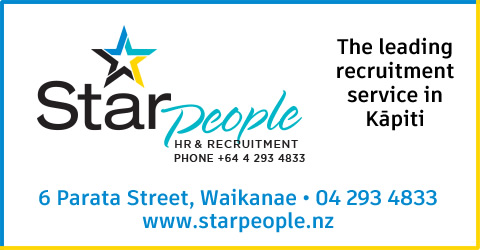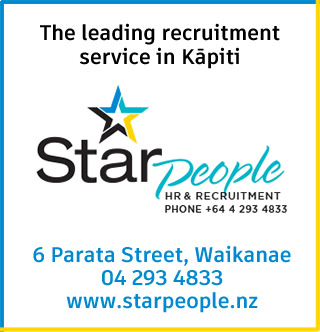Social problems with alcohol and drugs have been very much in the news recently, with the arrest of a Kāpiti woman for dealing cannabis supported by evidence from Google Earth.
Following examination of a high resolution image which apparently snapped her in possession of two bags of cannabis, the house was raided and the arrest made. This exemplifies the efforts made by the authorities to reduce the impact of drugs and alcohol on local communities, which studies have recently successfully quantified.
The Christchurch Health and Development study research has identified that up to 25% of New Zealanders in the age group 21-30 have a problem with alcohol; with around 5% of them meeting the clinical criteria for addiction.
upload.wikimedia.org/wikipedia/commons/thumb/6/6c/Betunkene_auf_dem_Oktoberfest_an_der_Wand_der_Festleitung.JPG/800px-Betunkene_auf_dem_Oktoberfest_an_der_Wand_der_Festleitung.JPG
Study Outcomes
The study showed that individuals with clinical alcohol addiction are nearly nine times more likely to use physical violence towards others; and three times more likely to commit a crime, such as burglary, vandalism or car theft. Not only this, but they are more likely to contemplate suicide or to be a victim of crime. Speaking on behalf of the research team, Dr Boden indicated that the study demonstrated extremely well that young adults did not need to be using alcohol for very long before becoming subject to extremely negative effects and serious outcomes.
The research, which was published in the Drug and Alcohol Dependence Journal, indicated that focusing on addressing alcohol addiction problems in young adults could be of great benefit to both the local and the wider community.
Helping and Intervention
Knowing how best to help someone who has an addiction problem, whether with drugs or alcohol, is not easy. Because one of the effects of an addiction is often mood swings, approaching a loved one in an effort to help them can be met with aggression or violence. drugabuse.com/library/how-to-help-a-drug-addict/ offers advice and support for those who suspect that someone they care for has an addiction problem; emphasising that it is important to deal with the situation with diplomacy and care. New Zealanders are actively working towards persuading the government to ban legal highs because of the dangerous and long term side effects of psychoactive drugs; which include long term dependency and negative health effects; stating that paranoia and psychosis are not minimal side effects. Citizens everywhere are concerned that the new law allowing sale of synthetic highs will have devastating effects on personal health and the community; as well as threatening the future of today’s children.
upload.wikimedia.org/wikipedia/commons/thumb/f/ff/Franzia_drinking.jpg/450px-Franzia_drinking.jpg
Ministry of Health Pilot Scheme
A Ministry of Health Pilot Scheme has just been approved by the government for participation in by healthcare providers; which would be paid by results and would focus on issues such as improving social outcomes in relation to teen pregnancy and alcohol and drug use.
The New Zealand government has asked for registration of interest from social service providers for the pilot; while officials are planning a tour of market briefings due to take place in Wellington, Christchurch and Auckland during November. It looks as though a decision on the pilot scheme will be made within the next few months, with results of its efficacy expected two to three years down the line from inception.
Social Bonds Breaking New Ground
Social bonds are a new concept in the health and social care industry. Health Minister Tony Ryall admits that they have no experience of social bonds, but feels that the concept is very much worthwhile exploring; identifying that strong evaluation, baselines and KPI data would be needed to properly assess the scheme.
The New Zealand government has explained the mechanics behind the concept of social bonds; saying that social bonds support the investment by private and not for profit organisations in the delivery of services aimed at improving social outcomes. This is a payment by results system, with the payoff being a return of their original investment capital, together with a return, the level of which would depend on the results obtained. The level of return would be capped.
Participating organisations would perform one or more functions: investors, who would provide up front funding; service providers, who would actually provide the “on the ground” services; intermediaries, who would be active in fundraising and driving performance within the services; and independent assessors, tasked with reviewing and verifying the outcomes of the pilot scheme.




























